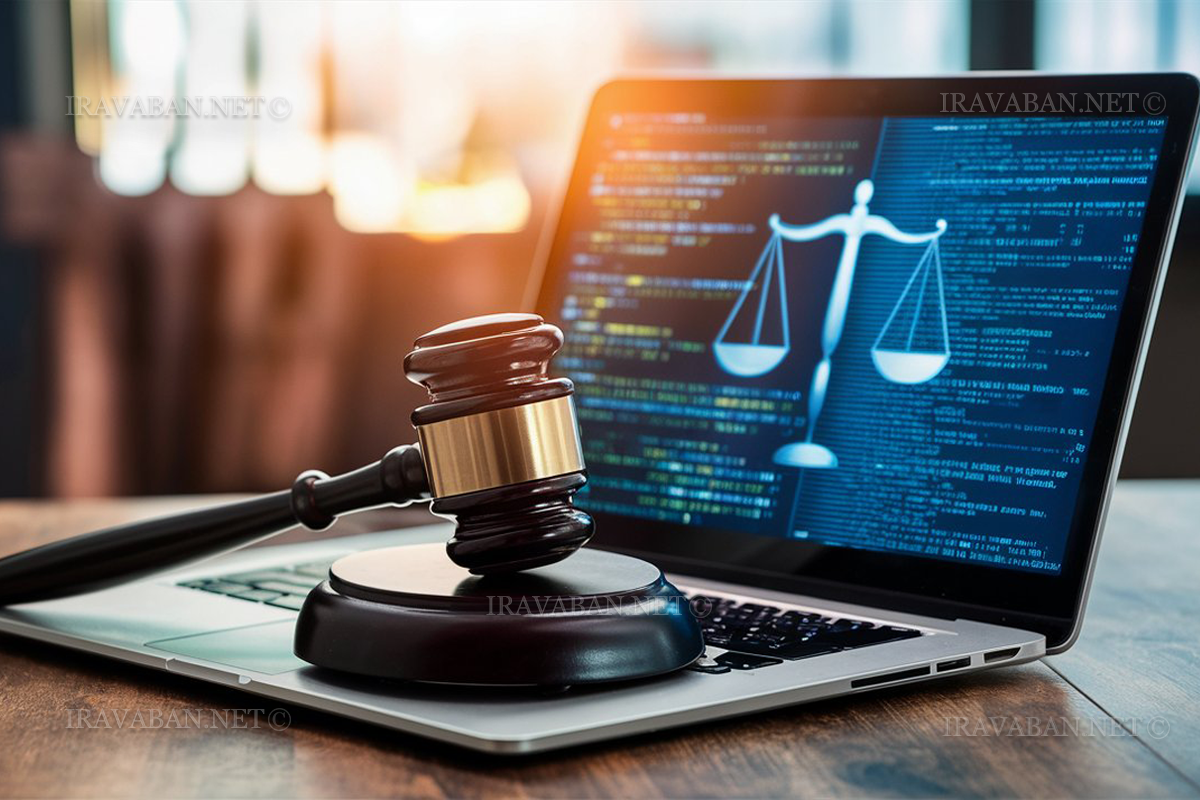The “LegalTech Armenia” innovative series by Iravaban.net aims to uncover the path of convergence between law and technology. Throughout this fascinating journey, we will explore how the digital revolution is reshaping the legal landscape in Armenia and around the world. The third publication in this innovative series, “Robot Judge: Reality or Science Fiction?”, is dedicated to the impact of artificial intelligence (AI) on judicial systems. In this article, we will reveal how AI is transforming the legal decision-making process in Armenia and globally.
Our journalists and experts, equipped with the latest technological tools, including advanced AI applications, will present analyses, exclusive interviews, and compelling stories, along with photographs and infographics. We will uncover how blockchain, machine learning, and other innovative technologies are transforming legal practice, the judicial system, and legislative processes.
International Experience
- Estonia: In 2019։ Estonia introduced the “Robot Judge” pilot program for small claims (up to 7,000 euros). The system analyzes documents submitted by parties and proposes a draft decision, which is subsequently reviewed by a human judge. This innovative approach aims to expedite the judicial process and reduce court workload.
- United States: The COMPAS (Correctional Offender Management Profiling for Alternative Sanctions) system is widely used in the US to assess the risk of recidivism. However, the system has faced serious criticism related to racial bias. A ProPublica investigation revealed that COMPAS tends to erroneously assign higher risk scores to African American defendants compared to white defendants.
- United Kingdom: In 2016, researchers from University College London (UCL), the University of Sheffield, and the University of Pennsylvania developed an AI system that could predict European Court of Human Rights (ECHR) decisions with 79% accuracy. The system analyzed 584 ECHR cases and could accurately determine whether there had been a violation of the European Convention on Human Rights.
Current Situation in Armenia
Armenia is taking its first steps in applying AI to its judicial system. The Electronic Justice program, launched in 2018, has laid the groundwork for the future implementation of AI. The program has already accomplished:
- Implementation of an electronic claim filing system
- Improvement of the electronic recording system for court hearings
- Enhancement of the electronic platform for publishing court decisions
Challenges
- Technical challenges:
- Creation and management of large-scale databases
- Ensuring cybersecurity
- Integration of AI systems with existing judicial systems
- Legal challenges:
- Development of legislative regulations for AI application
- Defining the legal status of AI decisions
- Ensuring personal data protection
- Ethical challenges:
- Ensuring transparency of AI decisions
- Eliminating potential bias
- Maintaining the human factor in the judicial decision-making process
Future Prospects for AI in the Judicial System
- Rapid and efficient examination of court cases
- Increasing objectivity in the decision-making process
- Reducing the likelihood of judicial errors
- Optimal use of judicial system resources
- Improving access to legal information
The Role of the Armenian Lawyers Association (ALA) and Iravaban.net
The Armenian Lawyers Association (ALA) is a leading professional organization dedicated to advancing the legal profession and promoting the rule of law in Armenia. Karen Zadoyan, President of ALA and expert on legal innovations, stated in an interview with Iravaban.net: “The introduction of artificial intelligence in the judicial system is inevitable and can significantly improve the process and quality of justice administration. However, we must be cautious and ensure that technology serves justice rather than replacing human judgment.”
Furthermore, Zadoyan emphasized the importance of improving data collection and analysis in civil cases. He stated, “This reform will enable the implementation of advanced AI systems and complex algorithms in the civil justice program to conduct multifunctional analyses based on comprehensive data. The Armenian Lawyers Association is ready to provide its expert support to ensure the successful implementation of this goal.”
Robot Judge: Reality or Science Fiction?
Although a fully automated “robot judge” is still in the distant future, AI is already assisting judges in making decisions. In the future, we may see AI systems that:
- Analyze vast amounts of precedents and laws, proposing well-founded draft decisions
- Assess the credibility of evidence using advanced data analysis
- Predict the likelihood of crimes, helping judges determine sentences
Nevertheless, it is essential to remember that AI cannot replace the experience, empathy, and ethical judgment of a human judge.
Conclusion
The introduction of artificial intelligence in Armenia’s judicial system has significant potential to improve the justice administration process. However, this process requires a cautious and balanced approach, considering technical, legal, ethical, and educational challenges. Armenian lawyers must be prepared for these changes by acquiring new skills and actively participating in the AI implementation process.
In our next article, we will explore how blockchain technology is transforming contract law and intellectual property protection. Don’t miss the “Blockchain and Law: The Era of Inviolable Contracts” article in Iravaban.net‘s “LegalTech Armenia” innovative series.
The series was conceived by Karen Zadoyan, the president of the Armenian Lawyers’ Association.


















